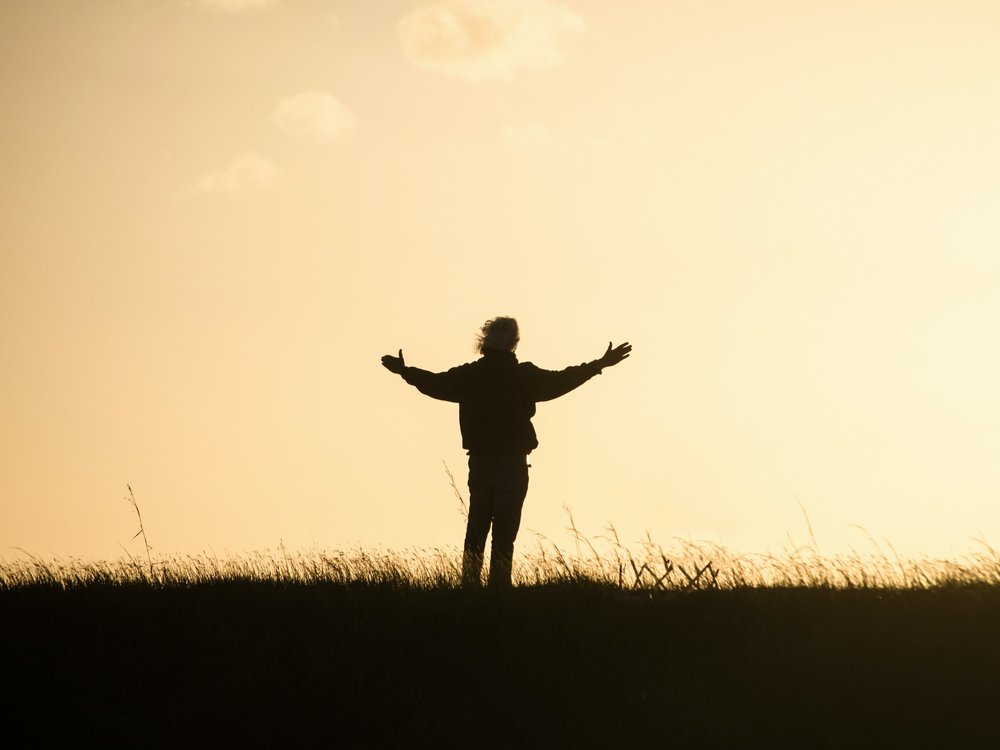
2020 has been quite a rollercoaster for us all! This year has tested the best of us and unfortunately meant great pain for so many while the relentless onslaught of troubling news does not seem to be letting up. With a global pandemic, racial injustice, economic hardships, storms, fires, political unrest, where do we look to find our gratitude this Thanksgiving season? Some of us may need to work a little harder to identify what we are grateful for this year. Gratitude is not a given in any of us, even though we should be grateful for so much, it can easily be lost in our day-to-day routine of just getting by. Yet, it may just be that perhaps what all of this tumult and turmoil has really left us with are some true lessons in gratitude…
The days leading up to Thanksgiving presents a perfect time to pause and reflect on what this bizarre year has revealed in our lives. Firstly, we have family and friends who are perhaps closer than before as we make an effort to check in with one another more often. If we are fortunate to have our health, and the good health of those we care about, then we have also rediscovered immense gratitude for essential workers who have carried on tirelessly to keep our lives on track. And, of course, we have educators who have gone above and beyond to find ways to keep our kids engaged and educated as they have been forced to pivot time and time again to accommodate eager learners and their anxious parents. This post is dedicated to YOU.
Robert Emmons, Ph. D, founding editor of The Journal of Positive Psychology, and the world’s leading scientific expert on gratitude, discovered that when people regularly engage in gratitude, they experience measurable psychological, physical, and interpersonal benefits. In fact, Dr. Emmons notes many of the very same results we as begin to ECSEL educators see in our students and in ourselves. When we refocus our energy toward the positive nature of gratitude, that positivity comes right back to us in the form of heightened optimism, kindness, generosity and the ability to cope with and manage stress.
As we reflect on our own gratitude this year, we must also remember to model this gratitude for the children in our lives. In begin to ECSEL classrooms, we model gratitude for our students as often as we can. This happens in the simplest of moments, like when our co-teacher hands us a book we forgot to bring to circle, or when a parent holds a door for a parade of children headed to the playground. As long as we express our gratitude clearly enough for children to observe, they will inherently adopt and eventually internalize, these same gracious behaviors. However, gratitude, as we know, goes beyond good manners. It is important that we show children what it is to not simply say "thank you," but to BE "thankful.”
Open and clear conversations with even the youngest of children explaining what gratitude means and what we have in each of us to be grateful for will help guide children toward an understanding of not only the smallest things in life that we should never take for granted, but also what we can do to pay our gratitude forward in words and actions.
It should not just be during the holidays that we reflect upon and practice thankfulness, but there is no better time to put that practice into action. This year, whether you are a parent looking to spread gratitude in your home or an educator trying to teach gratitude in a virtual or in-person classroom, we have put together some fun and engaging activities and ideas to share with your children to find the many things that bring us together and make us thankful…
Activities:
Books:
* As with any and all books you share with children, be sure to have a conversation with them about the importance of the topic and to acknowledge, identify, and discuss the emotions that characters are experiencing throughout the stories. These conversations help children internalize the important lessons that books have to offer.
These Posts on begin to ECSEL
Housman Institute, LLC
831 Beacon Street, Suite 407
Newton, MA 02459
info@housmaninstitute.org
(508)379-3012
Explore
Our Products
Legal
Connect
Contact
Join our Mailing List!
Subscribe to receive our newsletter, latest blogs, and ECSEL resources.
We respect and value your privacy.
No Comments Yet
Let us know what you think